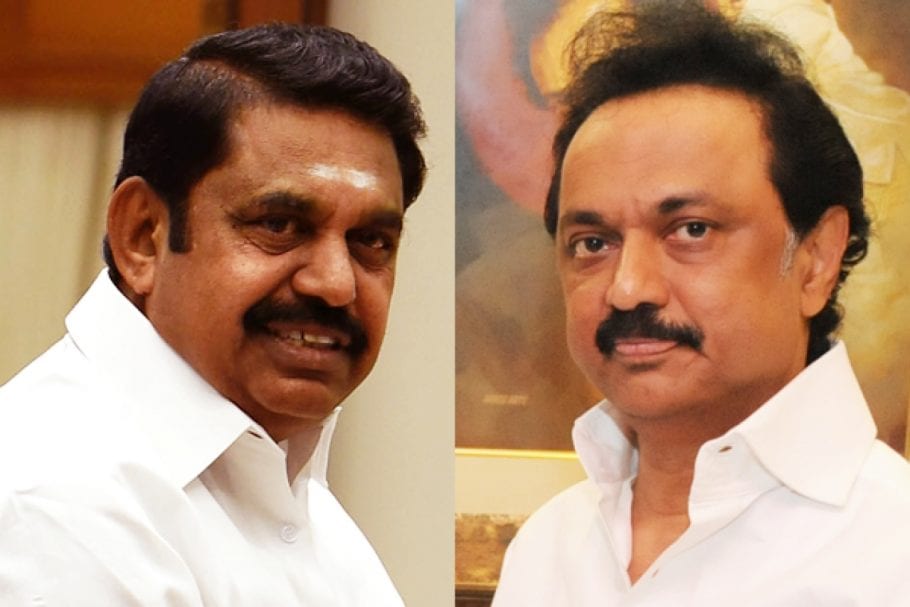
‘Auctions’ undermine local body elections in Tamil Nadu

Local body elections are poised to be held in 27 districts of Tamil Nadu on December 27 and 30. However, the real election or selection, would take place on January 11 when ward members will determine the appointment of mayors and chairpersons of District Panchayats and Panchayat Unions.
The commencement of the poll process has already seen display of money and muscle power, making it apparent that money bags would have a large say in the civic polls.
With the state government having opted for indirect elections to most of the posts, ward councillors may make windfall gains as major parties, AIADMK and DMK, would seek to ‘acquire’ them. The Anti-Defection Act, although not exactly a fool proof piece of legislation, won’t be applicable to the civic polls, making it easy for Maharashtra-style midnight operations and fly-by-night operators.
‘Auctions’ for posts in the village panchayats have already begun, and it is no surprise that the men being elected ‘unopposed’ belong to the ruling party. Fancy sums are reportedly pledged for the village bodies ahead of the elections. One person has been murdered for opposing the ‘consensus’.
The AIADMK, which seemed to fear elections in the last couple of years, is buoyed by its improved performance in the Vellore Lok Sabha bypoll and the Vikravandi, Nanguneri Assembly byelection victories. Even if the Assembly bypolls were largely influenced by the 30-odd ministers camping in these areas for more than a fortnight, a takeaway for the AIADMK is that the anti-AIADMK mood, prevailing since 2016, has dissipated, and both the AIADMK and DMK are now on a level-playing field.
Even though DMK managers point out that bypoll victories are merely attributable to the use of money and official machinery, the opposition party is clearly defensive when it comes to facing elections now. The DMK’s attempt to secure justice from the courts by pinpointing loopholes in the legislation for the purpose has been ridiculed by the AIADMK as escapism.
The DMK’s worst fears have come true with reports of ‘auctioning’ of posts in some villages, and a similar (modus operandi) move spreading to other parts of the State.
The AIADMK had sought indirect elections as it would be easier to win over some councillors and ensure the election of its candidates as Mayors. There is no fear of disqualification at all. The smiles on smaller parties which may manage to get some councillors elected could vanish within a few days of the polls, by the time elections are held for the posts of Mayors and Panchayat Union chairpersons.
Over 1.30 lakh posts up for grabs
Since the essential schemes like water supply, roads, street lighting and solid waste management come under village panchayats, these posts are greatly coveted. It is natural that real estate agents and brokers, contractors and so on, would control most of the elections.
In that sense, the verdict in the elections to the local bodies would not be a real test of popularity among the political parties. Just a little more than a year ahead of the Assembly elections in the State, the AIADMK would seek to arm itself with a battery of representatives in the civic bodies to support its candidates. Likewise, the DMK can ill-afford to have the local bodies packed with AIADMK functionaries at various levels.
Despite the massive defeat in the LS polls, AIADMK’s allies have stuck to the alliance headed by the ruling party. Likewise, the DMK front continues to remain united. On the other hand, the parties of actors Kamal Haasan and Rajinikanth have decided to keep away from the civic polls, as a bad defeat here could hurt the image of their parties. They have decided to keep the gunpowder dry, and avoid the ignominy of a defeat in the local body polls. Discretion is the better part of valour.

